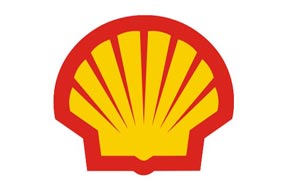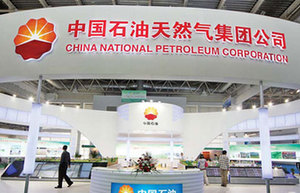Multinational company revving up growth with more service stations growth with more service stations
Multinational oil company Royal Dutch Shell Plc will continue to invest in China and considers the country to be its most important market in which to grow its retail business, a senior official said on Thursday.
Istvan Kapitany, executive vice-president of Shell Retail, said China plays a key role for the company in 70 targeted countries. "We will continue to invest in China since the potential of the retail market in China is significant," said Kapitany.
According to the Netherlands-based company, Shell opened almost one service station per day in China in 2012 as demand grew. At present, the company operates about 1,100 service stations in the country.
Kapitany said the company is shifting its core market from Europe to Asia as the global economy changes. "Our business in Europe is no longer in a growth phase, but it is still growing in North America and Asia," he said. As market leader in North America, Shell has 15,000 service stations in the United States and Canada.
In China, the petroleum retail industry is dominated by Sinopec Group, the country's largest refiner, and PetroChina Corp, the nation's biggest oil and gas producer.
By the end of 2013, Sinopec owned more than 30,500 gas stations in the country, accounting for about 33 percent of the total market, and PetroChina had more than 20,000. The two giants together take up more than half of the country's gas retail businesses.
In order to diversify the ownership of State-owned companies, Sinopec announced in February that it would open up 30 percent of its retail businesses to social capital and private investors.
Kapitany said Shell is seeking details about this new move.
Yann Cohen, partner with Monitor Deloitte's Energy & Chemicals unit, said foreign companies cannot operate a retail gas station unless partnered with a Chinese player, which means overseas companies may wish to look for integrated partnerships along the value chain, combining refining, wholesaling and retailing.
"In China, it is not simple due to specific cost allocations and regulated pricing, but the rule of thumb is 'you lose money in refining and earn money in retailing,'" he said.
China's service stations, in particular, have huge potential for non-fuel businesses.
Rebecca Chan, retail director of Shell China Ltd, said the retail industry will see a higher-than-GDP growth of non-fuel income from service stations in coming years as China's consumption power grows.
She said the country saw double-digit growth of non-fuel income in recent years for the whole industry.
|
 |
 |
| Shell and Yanchang Petroleum launch retail JV in Guangdong | Shell, CNPC to jointly seek shale gas in Sichuan Basin |
